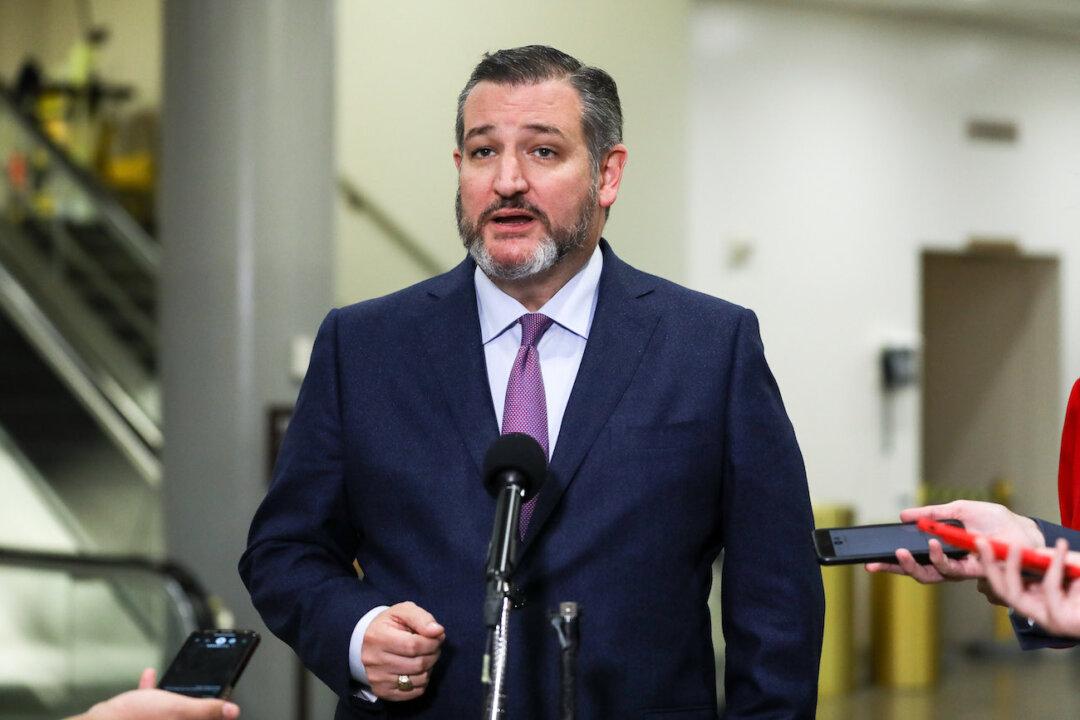Sen. Ted Cruz (R-Texas) on Thursday condemned the Chinese Communist Party (CCP) following its announcement of plans to impose a sweeping new “national security” law on the former British colony of Hong Kong. The senator also called on U.S. allies to “hold the line” against the spread of the CCP.
The CCP’s figurehead legislature, the National People’s Congress (NPC), announced late Thursday that it would propose a national security law for “establishing a legal system and enforcement mechanism to defend national security” in Hong Kong. The bill is expected to pass, given the NPC’s role as a ceremonial rubber-stamp that approves directives from the CCP, and the pro-Beijing stance of the city’s chief executive officer Carrie Lam, who will need to issue a legal notice in the Government Gazette before the central government’s law can be put into effect.




